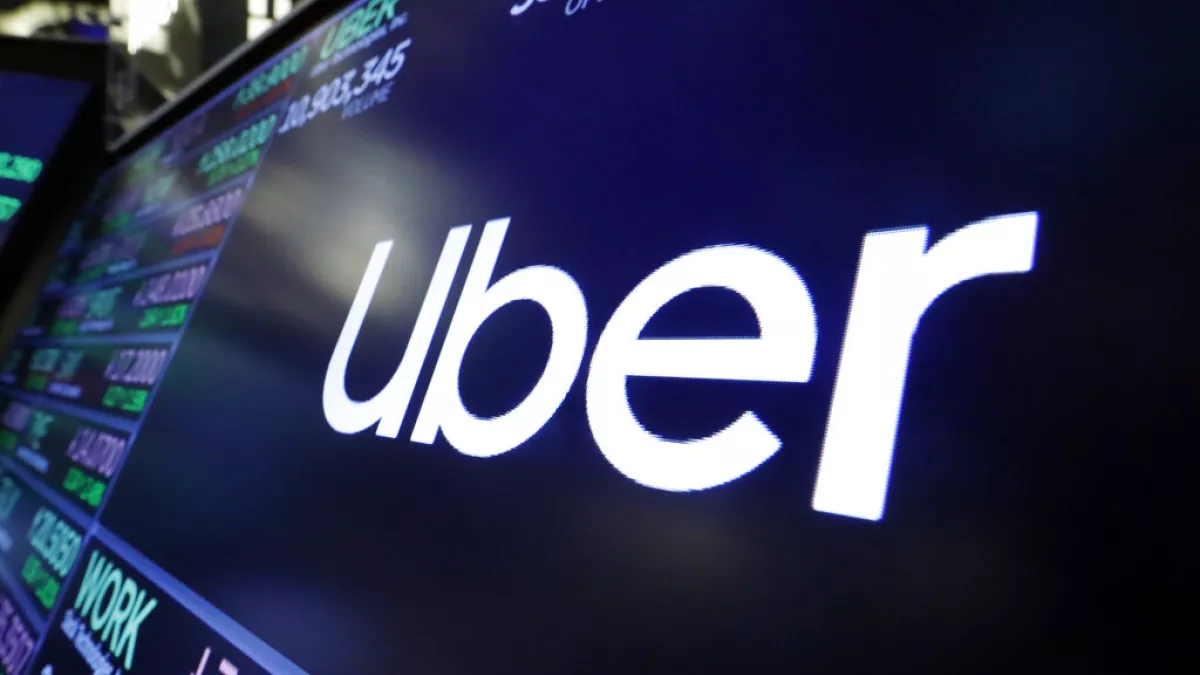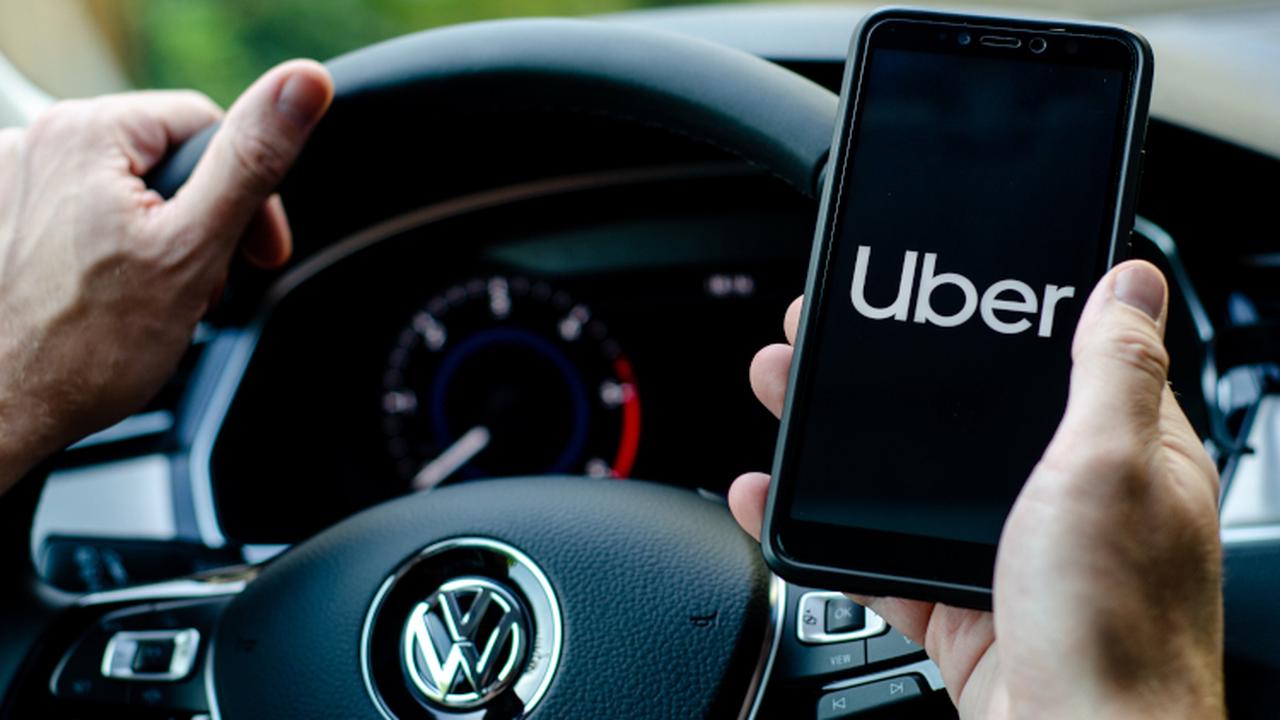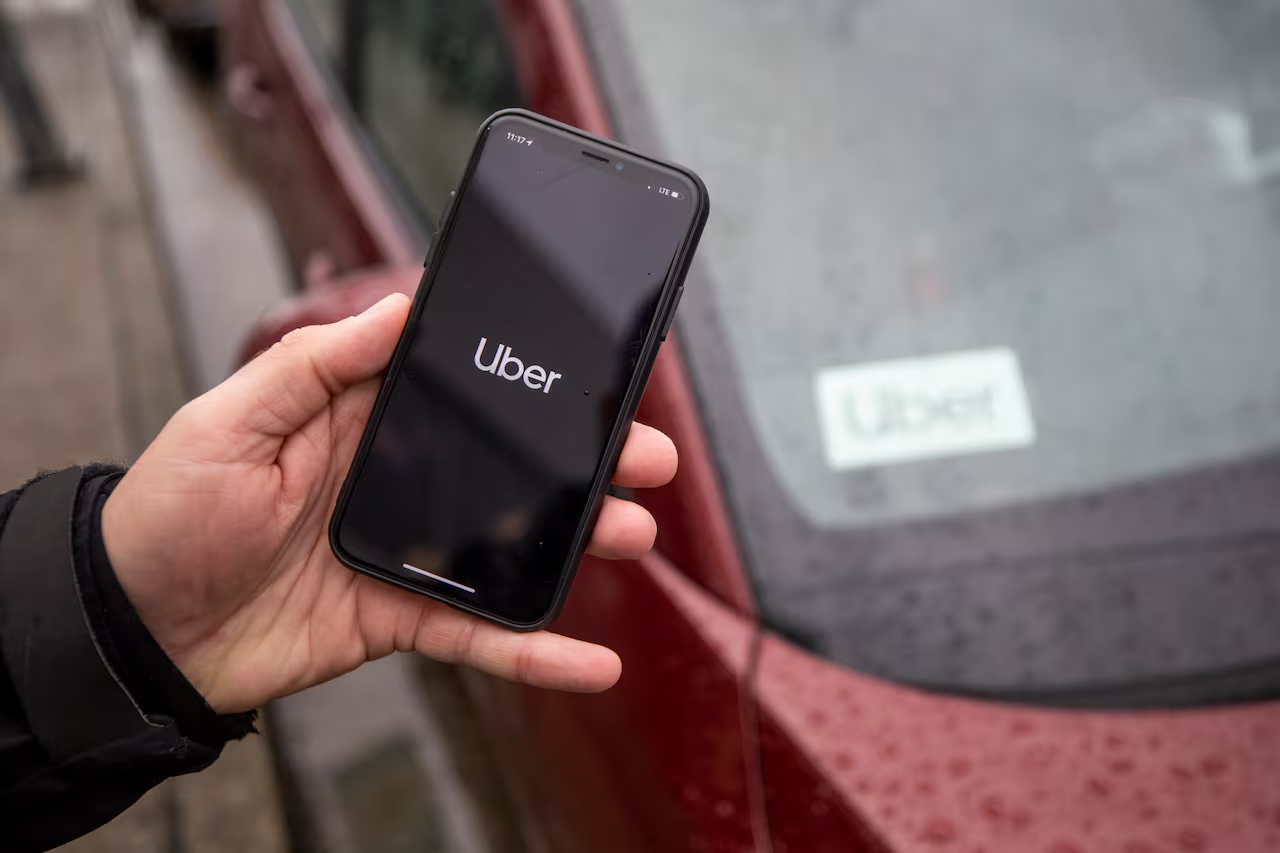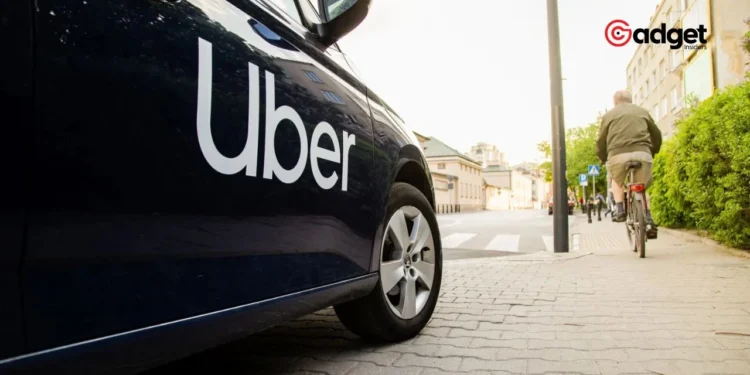In a significant legal move, more than 10,500 black-cab drivers in London have initiated a £250 million lawsuit against Uber, alleging that the ride-hailing giant breached the capital’s taxi booking regulations. This case, filed in the High Court by litigation management firm RGL, brings to light issues that first surfaced five years ago, spanning Uber’s operations from 2012 to 2018.
The drivers accuse Uber of allowing its drivers to accept bookings directly from customers, which is a method typically reserved for minicab services that use a centralised dispatch system. This, they claim, is a violation of private hire regulations and represents a deliberate attempt by Uber to mislead Transport for London (TfL) in order to secure its operating license—and, by extension, to divert business from traditional black cabs.

Uber Denies Allegations Amid London Cabbies’ Legal Battle
Uber, however, has steadfastly denied these allegations, maintaining that their claims are without merit. According to an Uber spokesperson, “These old claims are completely unfounded. Uber operates lawfully in London, is fully licensed by TfL, and is proud to serve millions of passengers and drivers across the capital.” The lawsuit is spearheaded by seasoned legal experts from Mishcon de Reya, who are representing the cabbies.
London's black cab drivers file multi-million pound lawsuit against Uber.
The action alleges that Uber improperly obtained a licence from Transport for London in 2012 & improperly took business away from taxi drivers. pic.twitter.com/gPfAKRHC0O
— Visegrád 24 (@visegrad24) May 3, 2024
The drivers argue they have faced significant financial losses due to what they describe as “unfair competition” from Uber. Veteran driver Garry White, who has been behind the wheel for 36 years, expressed the sentiment of many, stating, “This claim seeks justice and fair compensation on behalf of cab drivers across London. Uber seems to believe it is above the law and cabbies across London have suffered loss of earnings because of it. It is time they were held to account.”

Potential Outcomes and Broader Implications
If successful, the claim could lead to a compensation payout exceeding £250 million, with individual drivers potentially receiving £25,000 or more. This case not only underscores the ongoing friction between traditional taxi services and modern ride-sharing platforms but also highlights the broader regulatory and competitive challenges facing the transport industry in major cities worldwide. This lawsuit marks another chapter in Uber’s complex legal history, which includes a recent A$272 million settlement in Australia. In that case, Uber was accused of entering the market aggressively and undermining local taxi and hire-car businesses through the use of unlicensed vehicles and unaccredited drivers.

Looking Forward: A Test of Justice and Regulation
As the case progresses, Dale Forwood, a driver with 12 years of experience, remains optimistic about the outcome: “I am delighted to see this claim being filed today and that we will finally have our day in court,” he said. “Having seen for myself the harm that Uber’s unlawful behaviour has caused to hard-working cabbies, I look forward to justice being served.”
The resolution of this lawsuit could have significant implications for the regulatory framework governing private hire vehicles in London and could set a precedent for how similar cases are handled globally. As the legal proceedings unfold, all eyes will be on the High Court as it decides whether Uber’s business practices constitute unfair competition or simply a disruptive innovation in the transport sector.









